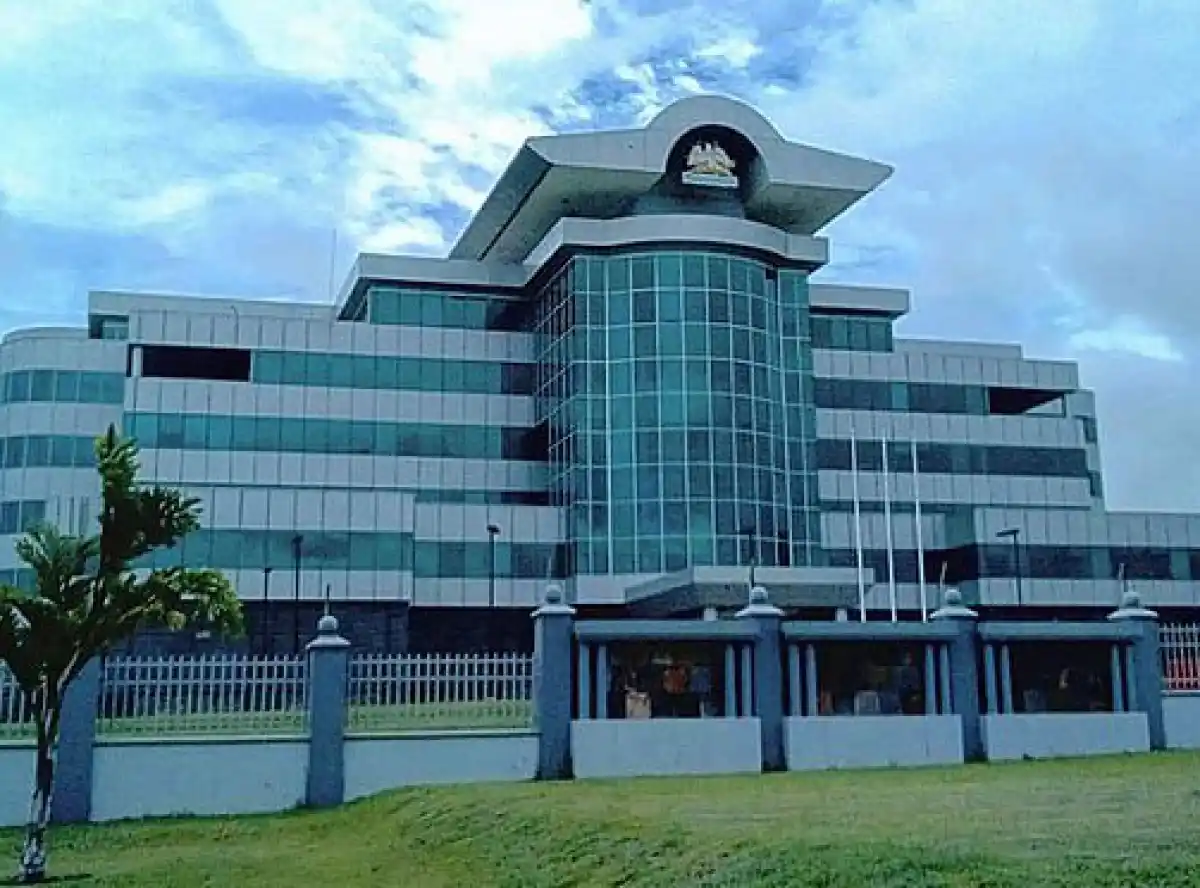
The announcement by the authorities to start supporting selected sectors of the economy with affordable forex from the Reserve Bank of Malawi (RBM) has not escaped the attention of the International Monetary Fund (IMF), which says it will wait to see details of the arrangement and assess it.
As part of the current Extended Credit Facility (ECF) programme with the IMF, Malawi committed that the central bank would increase its purchases of foreign exchange and refrain from interventions, such as unplanned foreign exchange sales to the market, until the level of international reserves reached at least four months of import cover.
But in a desperate attempt to quell a demonstration by second-hand clothes vendors who, last week, marched to Parliament Building in Lilongwe to voice their concern over the rising cost of ordering merchandise, the authorities stated that they would be supplying importers of second-hand clothes as well as those who import cooking oil with affordable forex through RBM to enable them to lower prices.
In an interview at the weekend, IMF Resident Representative to Malawi Nelnan Koumtingue said they had taken note of the announcement, and that they would wait for details of the same.

On his part, Treasury spokesperson Williams Banda Monday said government policies are done to respond to the issues on the ground.
“Our economic policy, just like any other policy we undertake, is ours.
“Govt will not abandon the building of reserves but will implement policies to help build forex reserves. Sectors targeted are those [that are] very strategic in the economy,” Banda said.
As at December 2024, the total economy foreign exchange reserves position was estimated at $530.9 million (or 2.1 months of imports), up from $516.9 million ( or 2.1 months of imports) recorded in November.
Malawi needs about $250 million every month to meet its export needs.
On November 15 2023, the Executive Board of IMF approved a 48-month arrangement, worth $175 million, under the ECF for Malawi.
As part of the ECF, RBM committed to take steps to durably rebuild its international reserves to reduce external vulnerabilities as quickly as possible.
The bank also committed to allow greater flexibility in the exchange rate in order to reduce foreign exchange shortages, facilitate easier accumulation of international reserves and improve trading conditions in the interbank market.






0 Comments